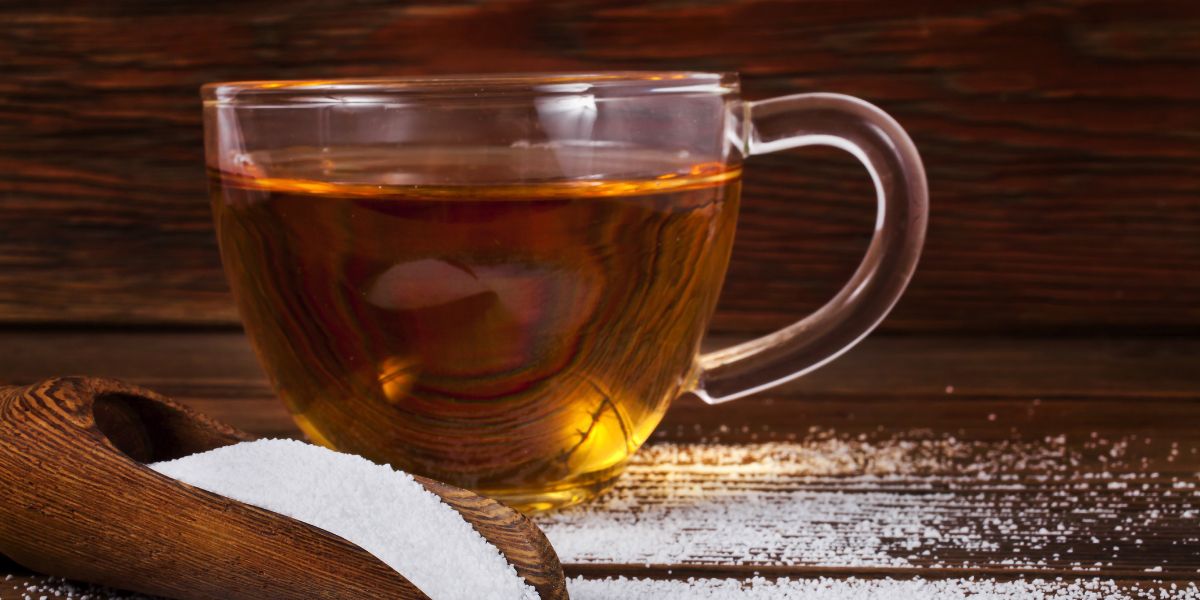People who regularly consume black tea and berries “tend to age better” than those with a lower intake, latest evidence has underscored.
A new study from the Edith Cowan University, Queen’s University Belfast and Harvard T.H. Chan School of Public Health has found that black tea, berries, citrus fruits and apples are all associated with healthier ageing.
By frequently eating foods high in flavonoids, adults can protect themselves from experiencing components of unhealthy ageing, such as impaired physical function, poor mental health and frailty.
- Teamwork improves number of follow-up visits for people with chronic conditions
- Green tea associated with good brain health among older people
- Prue Leith: Obesity rates could fall if schools teach students how to cook healthy meals
First author Dr Nicola Bondonno said: “The goal of medical research is not just to help people live longer but to ensure they stay healthy for as long as possible.
“We know from previous research that people who have a higher flavonoid intake tend to live longer, and they are also less likely to get any of the major chronic diseases such as dementia, diabetes or heart disease. Our research shows that people who consume more flavonoids tend to age better.”
During the trial, the team of researchers assessed the health data of 62,743 women and 23,687 men.
They discovered that women with a high intake of flavonoids were 15% less at risk of becoming frail, 12% less likely to experience impaired physical function and 12% less likely to develop mental health problems.
In comparison, flavonoids did not protect men as much, but they still helped to lower their risk of poor mental health.
Corresponding author Professor Aedin Cassidy said: “Flavonoids are well known for reducing oxidative stress and inflammation, supporting blood vessel health, and even helping to maintain skeletal muscle mass – all of which are important for preventing frailty and maintaining physical function and mental health as we age.
- Elderberry juice improves fat burning and gut health among overweight people
- Cranberry extract can boost microbiota and help to prevent chronic diseases
- New way to squeeze apples makes apple juice healthier
“Regularly consuming flavonoid-rich foods – such as berries, apples, red wine, oranges, and tea – could support healthier aging by reducing the risk of frailty, physical decline, and poor mental health.”
Fellow author Professor Eric Rimm said: “We found that participants who increased their intake of flavonoid-rich food by three servings a day, had a 6% to 11% lower risk across all three of the ageing outcomes in females, and a 15% lower risk of poor mental health in males.
“Overall, these findings underscore the potential for simple dietary modifications to impact overall quality of life and contribute to the optimisation of healthy ageing.”
Read the full study in The American Journal of Clinical Nutrition.





